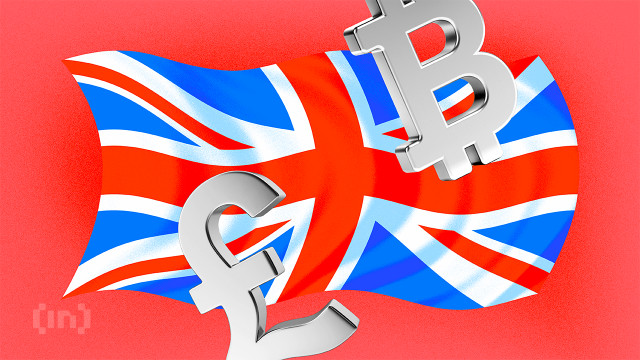
Bank of England Targets Swift Rollout of Stablecoin Regulations Matching U.S. Pace
Summary
The Bank of England's (BOE) Push for Stablecoin Regulation: Racing to Keep Pace with the U.S.
As the global cryptocurrency landscape continues to evolve, the Bank of England has emerged as a key player in the race to establish robust regulatory frameworks for the rapidly growing stablecoin market. Deputy Governor Sarah Breeden's recent comments at a conference highlight the BOE's determination to ensure the U.K. does not fall behind the U.S. in this critical area of digital asset oversight.
Stablecoins have gained significant traction in recent years as a bridge between traditional finance and the crypto ecosystem, offering users a more stable and reliable alternative to volatile cryptocurrencies. However, the lack of clear regulatory guidelines has raised concerns about their potential risks, particularly in terms of consumer protection and financial stability.
The BOE's goal, as articulated by Breeden, is to ensure that the U.K.'s regulatory framework for stablecoins is implemented in parallel with the U.S. efforts, signaling a heightened sense of urgency to keep pace with the rapid development of this market. This move underscores the recognition that a coordinated, global approach to stablecoin regulation is crucial for maintaining the integrity and stability of the broader financial system.
One of the key drivers behind the BOE's push for swift regulatory action is the potential impact of stablecoins on the traditional banking and payments infrastructure. As these digital assets gain wider acceptance and usage, they could disrupt existing financial services, potentially challenging the dominance of central bank-issued fiat currencies. By proactively addressing this challenge, the BOE aims to mitigate any systemic risks that could arise from the rapid growth of the stablecoin market.
Additionally, the BOE's efforts to align its regulatory framework with the U.S. are likely driven by the desire to ensure a level playing field for U.K. financial institutions and crypto-asset providers. As the global financial landscape continues to evolve, maintaining regulatory parity with major financial hubs like the U.S. will be crucial for the U.K. to remain competitive and attract investment in the burgeoning digital asset industry.
Looking ahead, the BOE's push for swift stablecoin regulation is likely to have far-reaching implications for the broader cryptocurrency ecosystem. Investors and market participants will be closely watching the development of these regulatory frameworks, as they will shape the future trajectory of the stablecoin market and potentially influence the broader adoption of digital assets.
Furthermore, the BOE's actions may serve as a catalyst for increased global cooperation and coordination in the realm of crypto-asset regulation. As the world's major economies grapple with the challenges posed by the rapid growth of the digital finance sector, a harmonized approach to regulation could be crucial for ensuring the stability and resilience of the global financial system.
In conclusion, the Bank of England's determination to keep pace with the U.S. in implementing stablecoin regulations underscores the critical importance of this issue in the evolving landscape of digital finance. As the crypto ecosystem continues to expand, the BOE's efforts to establish a robust and timely regulatory framework will be closely watched by market participants, policymakers, and industry stakeholders alike.





